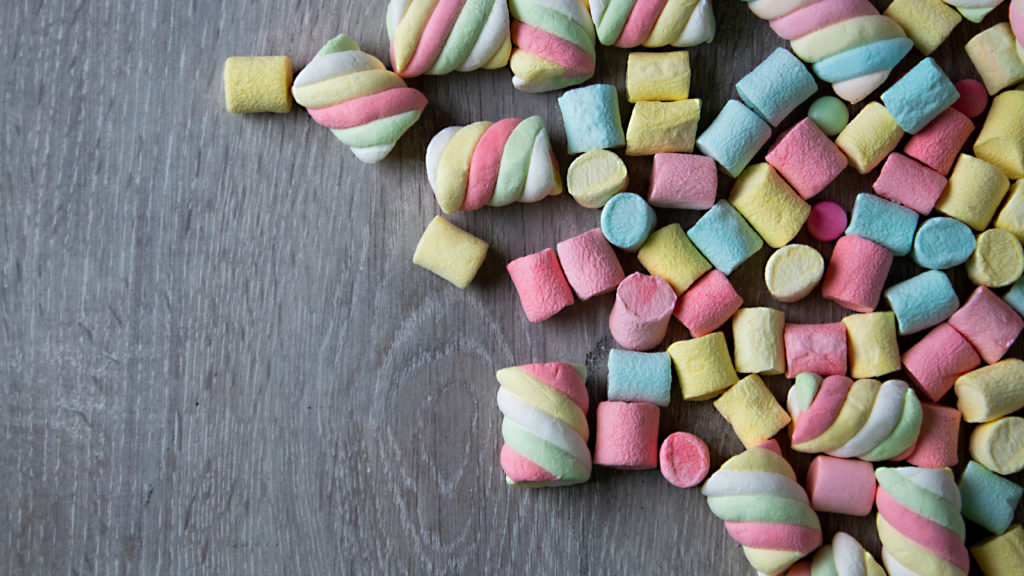
In 1972, social scientists at Stanford designed an experiment that tested the willpower of 90 preschoolers.
They offered the 3 and 4-year-olds a delicious marshmallow with an even more delicious offer: if the child could resist eating the marshmallow for 15 minutes, the researcher would come back with a second marshmallow. It was perfectly okay if the child wanted to eat the marshmallow while waiting for the researcher to return. But if they could hold out for 15 minutes, they’d double their pleasure.
The researchers were measuring the children’s ability to delay gratification, and they followed the participants for years after the experiment. It appeared that the children who were able to delay gratification and wait for the second marshmallow went on to become more successful over time, measured by SAT scores, educational attainment, successful relationships, and perhaps not surprisingly, Body Mass Index later in life.
We’ve been hearing for years that being able to delay gratification results in success, largely based on that one study. Pass up on the cupcake, fit into your skinny jeans. Exercise first, TV later. Study now, party after the exam. We’ve bought into the concept for a generation. If you struggle with delayed gratification, you probably told yourself it’s just the way you’re wired.
But a new study seems to prove that the ability to delay gratification is learned, not innate. In a 2012 study, scientists at the University of Rochester wanted to answer a different question: not whether some kids have higher-quality self-regulation than others, but why? A leadership article by Susan Fowler explains the setup.
“Posing as teachers, the researchers set up an art project. Told they had a choice, the children could start their art project immediately with the materials at hand (a few old, used crayons in a glass jar), or they could wait for the teacher to get a big supply of brand-new art materials. All the children elected to wait for the good stuff.” Sounds like they all could delay gratification when offered a chance for something better tomorrow.
But the researchers had divided the children up into two groups. The first group got the new supplies the next day as promised. The second group got an apology from the teacher with no new art supplies. Then the scientists ran the marshmallow test again. The group that was rewarded for waiting delayed gratification four times longer than the children who experienced disappointment.
Viewed from that perspective, it doesn’t make sense to wait to eat the marshmallow. Kids who learn that tomorrow may not bring better things learn to grab what they can while they can. In fact, if you wait to eat your treat, you may lose the marshmallow you have right now.
Humans are social animals, and we learn how to interact with our environment based on the behavior of the humans around us. If your parents, teachers, or peers (or bosses) are unreliable, you learn not to rely on them. We’ve observed that kids from less stable and less affluent homes have a harder time with self-regulation. The new marshmallow test shows that it’s a practical and rational response to their environment, not a defect in their personality.
Next time you make a promise to your kids, your family, or your team, think carefully before you break it – even if you’ve got a great reason. You’re teaching a bigger lesson about self-discipline than you realize.